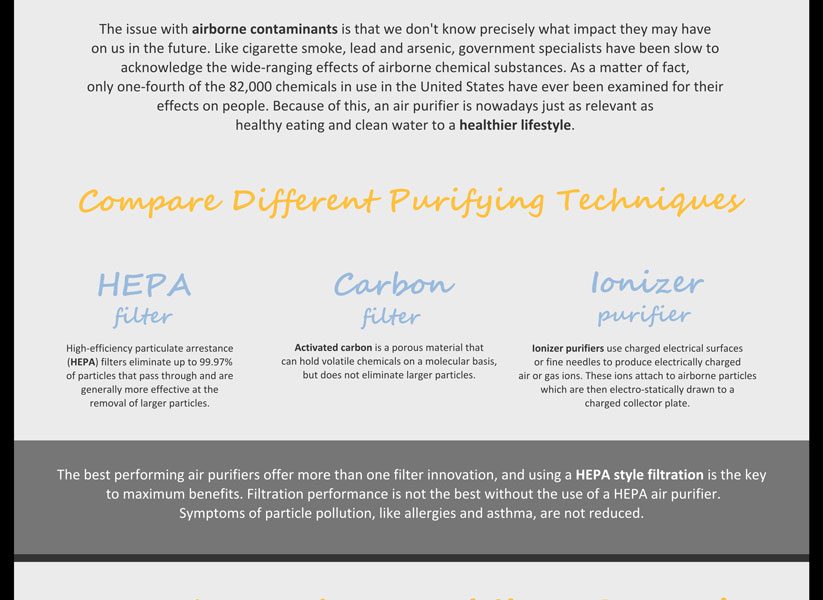Exploring The Ecological Benefits Of Warm Pumps - A Lasting Home Heating Option
Exploring The Ecological Benefits Of Warm Pumps - A Lasting Home Heating Option
Blog Article
Material Author-Glass Strand
In a period where sustainability and energy efficiency are paramount, many businesses seek eco-friendly heating remedies. One such remedy is the heatpump.
A heat pump draws out the warmth in its environments and pumps it into your home, leading to one of the most reliable environmentally friendly main heating systems around. This process likewise creates zero greenhouse gas emissions, making it a very lasting technology.
Power Performance
Heat pumps are very power efficient and require little upkeep. They utilize much less power than other heater and are without a doubt one of the most environmentally friendly. They function well with roof solar and can usually pay for themselves in energy cost savings alone.
They can additionally supply cooling, which is wonderful for garage workshops, attic hangouts and reward areas, and home enhancements without expanding the existing ductwork. They can also be made use of for retrofits in existing homes with hydronic (water-based) circulation systems such as reduced temperature level radiators or glowing floors.
Look for models with SEER and HSPF rankings that fulfill or surpass Canada's minimum requirements, as well as the criteria in your region. related resource site imply higher performance, which conserves you money over time and reduces your carbon impact. You may also qualify for discounts and rewards! The most effective units are those with a ground warmth exchanger for included efficiency. These systems can take in thermal energy from the ground during the winter and essence it in the summer.
Decreased Greenhouse Gas Emissions
Heatpump operate on electrical energy and basically move warmth from the air, even when it's chilly exterior. They have the ability to extract the complimentary warm caught in air fragments and relocate them inside, lowering moisture while doing so.
Compared to gas heating systems, contemporary heat pumps make use of less than one kilowatt of electricity per kilowatt of home heating power they generate. This makes them one of the most energy efficient heating choice available with a COP (Coefficient of Performance) of four or even more. By reducing visit the following page for nonrenewable fuel sources, heat pumps help reduce greenhouse gas exhausts and reduce various other significant air pollutants.
Building decarbonization is a worldwide essential, and the a/c sector is an essential chauffeur of that procedure. Whether it's investor making internet absolutely no commitments, policy manufacturers setting emissions limitations, or tenants requiring greener areas, electric heatpump are being identified as a necessary remedy. They are a cost-efficient way to lower carbon exhausts by removing the need for nonrenewable fuel sources in buildings.
Flexibility
Heatpump can be used in many types of homes and buildings-- with or without air ducts. They collaborate with hot-water radiators, air-conditioning and programmable thermostats. They can change furnaces or be mounted in new residences. They can operate on photovoltaic panels, geothermal systems and even district home heating sources like wastewater.
https://cost-to-add-central-air-t46543.jaiblogs.com/56271911/heat-pump-vs-heater-which-is-the-better-home-heating-choice-for-your-home at providing more warm per power unit. For example, an air-source heat pump generates approximately 3 or more heating units from each electricity system it consumes.
Obtaining one of the most from your heatpump will certainly rely on your environment zone and top quality of insulation. Look for models with ENERGY STAR rankings and compare their SEER or HSPF specs. In https://www.makeuseof.com/best-digital-wind-speed-meters/ , concentrate on SEER; in colder regions, consider a system with a higher HSPF rating. On top of that, purchase air securing and insulation to lower the tons on your heatpump. That will certainly improve energy effectiveness and help you reach your Net Absolutely no goals quicker.
Biomass Boilers
Biomass central heating boilers make use of timber pellets, chips or logs to produce heat and warm water. They are an excellent option for off-grid buildings or those that intend to leave the gas grid.
As a standalone furnace, biomass can supply enough energy to keep your home cozy all year round without the normal warm drop off of other renewable technologies. They can also be used in conjunction with photovoltaic panels to increase financial savings and take advantage of RHI settlements.
A disadvantage of these systems is the ahead of time price and regular gas shipments. Commonly, pellets will require to be blown right into a fuel store making use of a vacuum system or they can be by hand fed right into the boiler through a hopper. Logs are usually self-sourced from nearby forest or bought wholesale. As well as this, they require manual loading and may require cleaning on a regular basis.